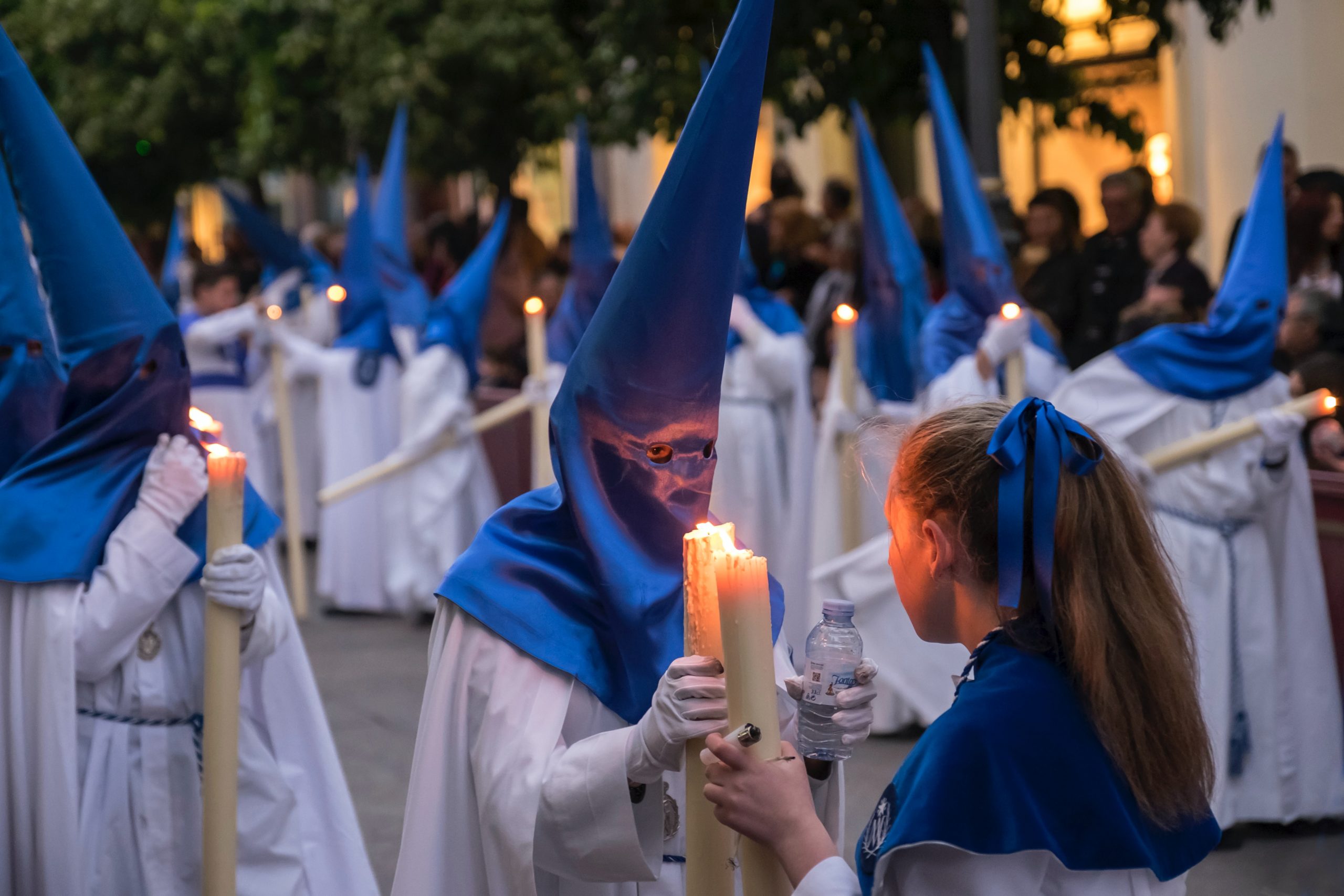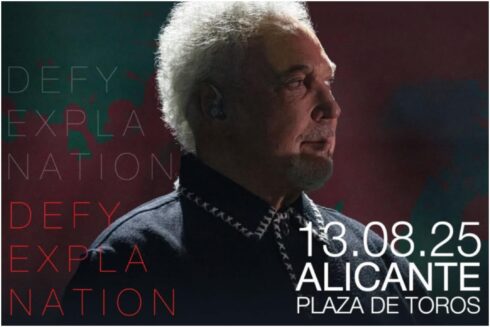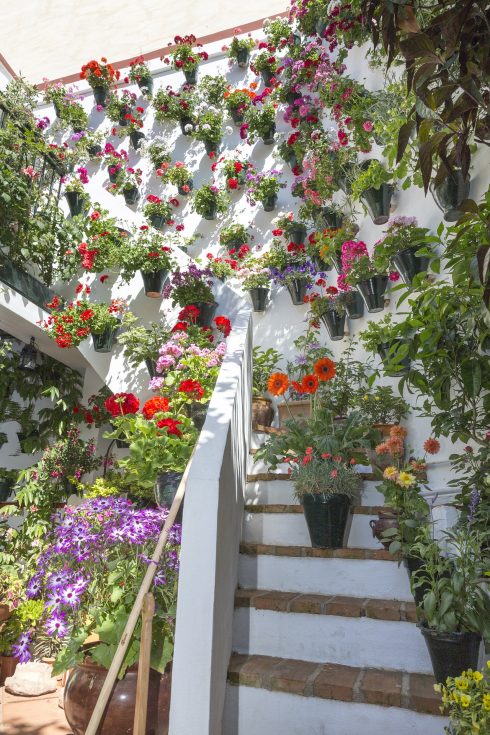
Holidays in Spain are a period of unbridled fun and a time for great entertainment, fantastic food, and bonding among tourists and other beautiful people from Spain’s diverse cultural backgrounds.
Spain has a long history behind its rich and diverse culture. Several vibrant, colorful, and passionately celebrated festivals and holidays are must-see events every year. These holidays and festivals offer fresh entertainment options different from online casino and other virtual forms of entertainment. Several holidays in Spain share deep connections with its rich historical traditions, culture, and religion.
Every year, the top arrangements by tourists visiting Spain confirm that they enjoy the breathtaking views of Spain’s magnificent architecture. They also confessed that they love to experience the colorful dances and celebrations at Spanish holidays and festivals.
How are holidays celebrated in Spain?
Spain has a spread of unique holidays that offers tourists a chance to peer into the rich lifestyle of Spaniards. These holidays and festivals happen throughout the year. They occur in different villages and cities where they hold much meaning to the locals.
Spanish holidays are very colorful events with a lot of music, dances, shopping, food, and drinks to spare. Spanish celebrations continue without restrictions because the most important part of these celebrations to Spaniards is having a good time and building long-lasting memories.
All holidays in Spain are of unique importance to the people. While there are selected holidays only held in selected parts of Spain, we will look at some of the popular national holidays that are a thrill for visitors. According to Statista, an estimated 18.96 million international tourists took a trip to Spain to participate in different holidays.
Spain is made up of several regions. A lot of these regions share many things in common, including holidays. These holidays have lasted centuries and are a massive part of Spanish history and culture.
Popular national holidays in Spain and their significance.
-
Semana Santa
This holiday is celebrated to mark a holy week. It is of religious significance. It is celebrated around Easter with different processions. Semana Santa typically starts a week after Easter, and the processions continue throughout the week. Semana Santa is a period of solemn religious devotion that ushers in the Easter celebrations.
-
La Tomatina
La Tomatina is translated as tomato fight in English. Celebrations are held every last Wednesday in August. Spaniards gather to haul tomatoes at each other. La Tomatina is a famous food fight festival that began in 1945 by accident. It is said that during a parade in 1945, an angry crowd started to throw tomatoes at the procession. La Tomatina is a great event that fosters bonding and helps participants to let off steam. Do you know about other festivals with funny histories?
-
Carnivals
Carnivals are to Spain, as air is to other countries. Different Spanish festivals pop up throughout the years, but the month of February usually hosts more carnivals than other months. Spanish carnivals feature non-stop music, brilliant colorful costumes, massive processions, contagious fun, and matchless energy on display. People from different parts of Spain come out to unwind during carnivals and lead processions to highlight their cultural symbols.
-
Haro Wine Battle
What is Spain without wine? Every June 29th, Spaniards dress in white shorts and trousers, with red scarves tied to the back of their necks. They gather in the square of Haro and splash gallons of wine all around. The town is painted red from the wines splashed around.
-
Saint John’s eve
On June 23rd, Saint John’s Eve celebrations signal the start of summer. Beach bonfires and fireworks are typical parts of the Saint John’s eve celebrations. Most participants would jump over bonfires and plunge into the ocean at midnight for good luck. Saint John’s eve is historically tied to superstitions and old Spanish customs.
Conclusion
Spain’s festivals are usually great displays of the strength of Spanish culture and history. These holidays and festivals are an excellent way for visitors to get immersed in Spanish culture.









